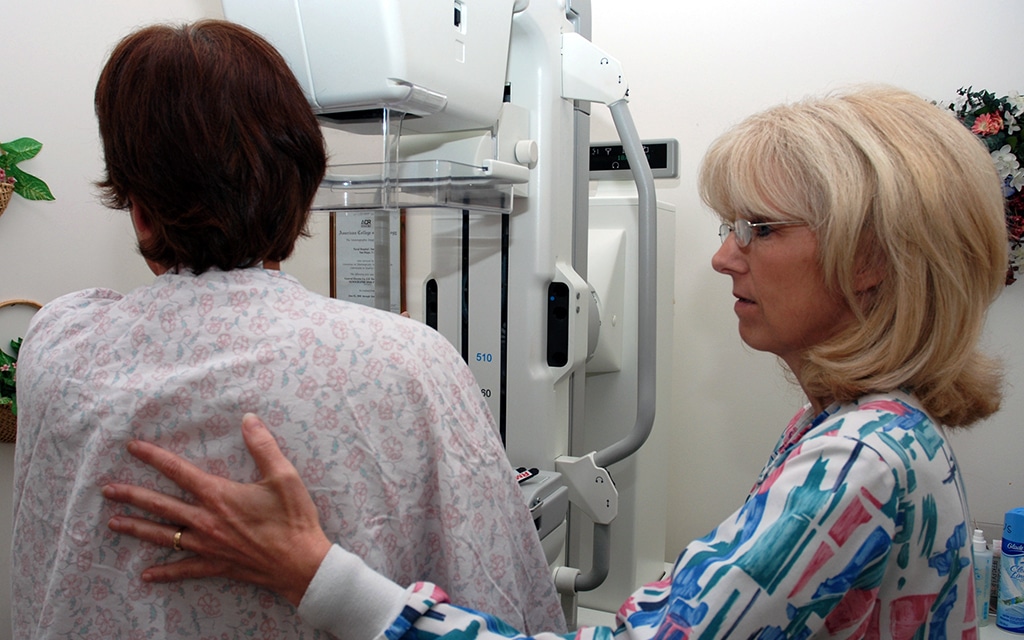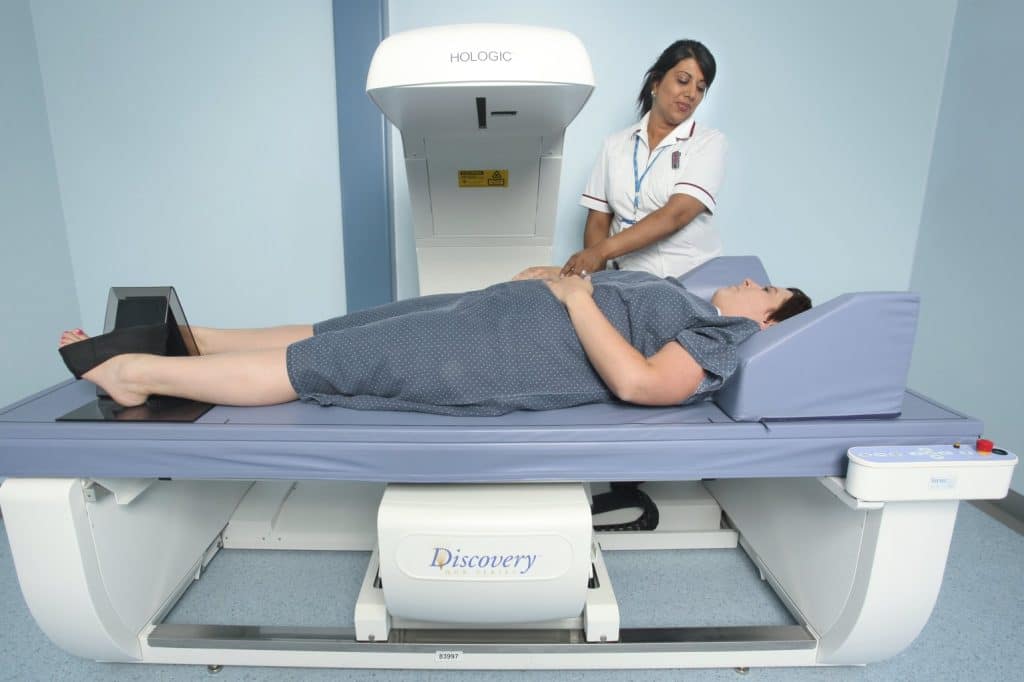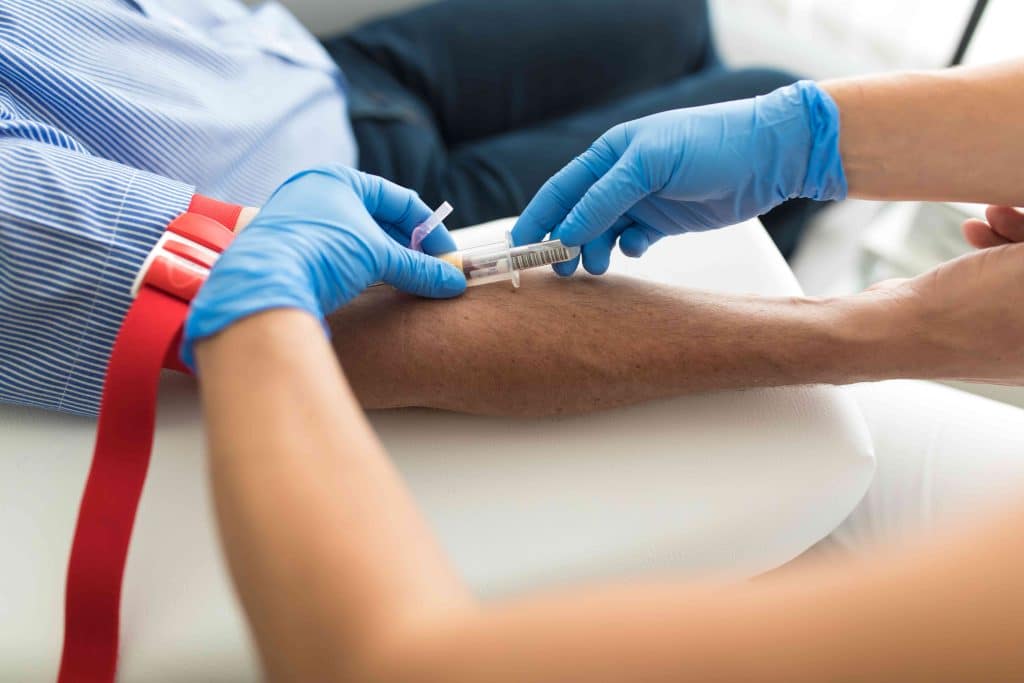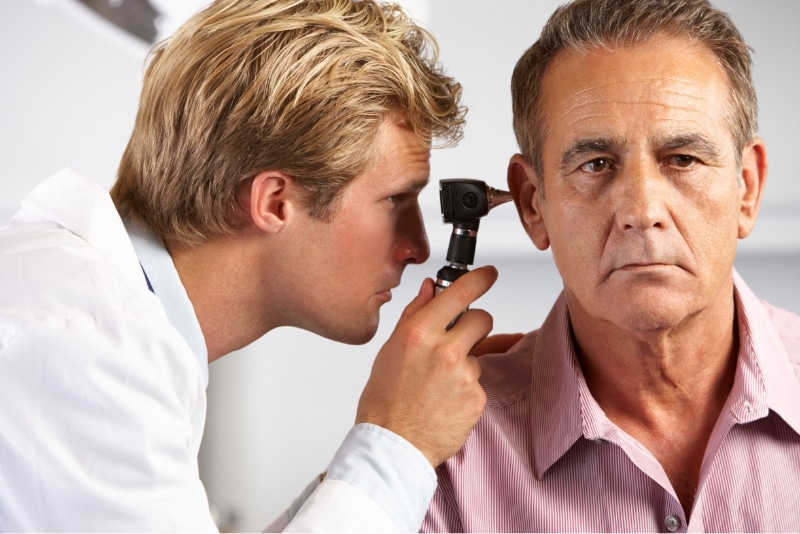Turning fifty marks a pivotal point in life where health becomes a forefront concern, not just for longevity but for maintaining quality of life. The journey into the next half-century should be embraced with a proactive approach to wellness. This comprehensive guide illuminates the essential health checks necessary for those who have celebrated this milestone. With a focus on prevention and early detection, the outlined screenings and evaluations are crucial tools in navigating the evolving health landscape of the post-50 years.
Contents
- Cardiovascular Check-Up: Keeping The Heart Ticking
- Cancer Screenings: Vigilance Against A Silent Foe
- Bone Density Scan: Protecting Your Framework
- Diabetes And Metabolism: Balancing The Scales
- Vision And Hearing: Senses Under Surveillance
- Mental Health And Cognitive Function: Mind Matters
- The Bottom Line
- Related
Cardiovascular Check-Up: Keeping The Heart Ticking

After the age of fifty, the heart may require more attention due to increased risks of hypertension, elevated cholesterol levels, and other cardiovascular diseases. Blood pressure and cholesterol levels should be monitored regularly, as both are key indicators of heart health and can often be controlled through diet, exercise, and medication when necessary. For those with a family history of heart disease or presenting symptoms, a healthcare provider might recommend additional tests such as an electrocardiogram (ECG) or a stress test to further assess cardiovascular function.
It’s not just about the heart; blood vessels also deserve attention. Arteries can become less flexible, and the risk of developing atherosclerosis, or the hardening of the arteries, increases. This condition can lead to serious complications, such as heart attacks and strokes. Staying vigilant with cardiovascular check-ups serves as a sentinel against these life-threatening conditions. The relationship between lifestyle choices and heart health cannot be understated, and these regular cardiovascular evaluations can often be a catalyst for beneficial changes in diet and exercise habits.
Cancer Screenings: Vigilance Against A Silent Foe

The threat of cancer looms larger as one crosses the fifty-year threshold, but regular screenings offer a critical line of defense. For women, mammograms become an important tool in the early detection of breast cancer, and for men, prostate-specific antigen (PSA) tests can help identify prostate abnormalities early on. Colorectal cancer screenings, such as colonoscopies, are recommended for both sexes, as early detection significantly increases the chance of successful treatment. The frequency and type of these screenings can vary based on individual risk factors, including family history and genetic predisposition.
Cancer screenings should be seen as a personalized strategy, with schedules and methods adjusted to each individual’s health profile. Healthcare professionals can provide guidance on when to begin these screenings and how often to have them, taking into account the latest research and guidelines. For instance, some individuals might need to start colon cancer screenings before fifty if there is a strong family history of the disease. These proactive measures are not merely clinical procedures but are powerful steps toward taking control of one’s health destiny.
Bone Density Scan: Protecting Your Framework

Upon reaching fifty, bones gradually begin to lose their density, leading to a higher risk of fractures and conditions such as osteoporosis. A bone density scan, known as a DEXA scan, becomes an important evaluation tool for men and women alike, although women after menopause are at a significantly higher risk. This painless scan helps measure the grams of calcium and other bone minerals, providing a snapshot of bone strength and the risk for fractures. Early detection through these scans can lead to interventions that may improve bone health, including medication, dietary adjustments, and specific exercises.
The emphasis on bone health is not limited to screening. Lifestyle plays a crucial role in maintaining bone density. Adequate intake of calcium and vitamin D, regular weight-bearing exercise, and avoiding smoking and excessive alcohol are all proactive steps toward sustaining bone health. For those diagnosed with low bone density, healthcare providers can offer a range of treatments and lifestyle modifications to help manage the condition and reduce the risk of osteoporosis and bone fractures, which can significantly affect the quality of life.
Diabetes And Metabolism: Balancing The Scales

The risk of developing type 2 diabetes increases with age, and therefore, blood glucose levels should be closely monitored after fifty. A simple blood test can reveal how well the body is managing blood sugar and can be an early indicator of pre-diabetes or diabetes. Early diagnosis and management of blood sugar levels are vital to controlling the condition and preventing more serious complications, such as kidney damage, vision loss, and neuropathy. Since symptoms can often be subtle or non-existent in the early stages, regular testing becomes an important tool in maintaining metabolic health.
Alongside blood glucose tests, assessing thyroid function can also be crucial, as the thyroid gland regulates metabolism, energy generation, and mood. Symptoms of a malfunctioning thyroid, including unexplained weight gain or loss, fatigue, and changes in heart rate, can often be mistakenly attributed to aging. Simple blood tests to measure thyroid hormone levels can identify problems early, allowing for interventions that can greatly improve an individual’s quality of life. Managing metabolic health after fifty requires attention to these details to ensure a balanced, healthy body.
Vision And Hearing: Senses Under Surveillance

Age-related changes in vision and hearing can significantly impact daily life, making regular exams more important than ever after fifty. Eye exams not only assess vision changes but also screen for age-related diseases such as glaucoma, cataracts, and macular degeneration. These conditions can progress slowly and without pain, often going unnoticed until they are advanced. Early detection through regular comprehensive eye exams can lead to treatments that may slow disease progression and prevent vision loss, preserving independence and quality of life.
Hearing loss is another common issue that can creep in with age. It can lead to difficulties in communication, social isolation, and even cognitive decline. Regular hearing tests are recommended to ensure any decline can be addressed with hearing aids or other assistive devices. These screenings are simple yet effective and can have profound benefits, enabling individuals to stay connected with their environment, loved ones, and the broader community. Protecting the senses of sight and hearing, therefore, plays a fundamental role in safeguarding an active and engaged lifestyle.
Mental Health And Cognitive Function: Mind Matters

The importance of mental health becomes more pronounced with age, as individuals may face significant life changes, including retirement, the loss of loved ones, and physical health challenges. Mental health screenings can help identify issues such as depression and anxiety, which are not normal parts of aging and are as important to address as physical health concerns. Treatments can include medication, therapy, and lifestyle changes such as increased social interaction and physical activity, all of which can improve mental health and overall well-being.
Cognitive function is also an area of concern as one advances in years. Memory tests and other cognitive assessments can help differentiate between normal age-related changes in memory and cognitive abilities and more serious conditions like dementia or Alzheimer’s disease. Early detection of cognitive issues allows for a broader range of interventions that can help maintain cognitive function and assist in planning for future health care needs. Maintaining brain health is just as crucial as maintaining bodily health, and both require attention and care.
The Bottom Line
As the years advance beyond the half-century mark, embracing the full spectrum of health checks becomes a key strategy for preserving health and vitality. These checks act as a foundation for a proactive approach to well-being, guiding individuals through a landscape where prevention is as crucial as the treatment of existing conditions. Staying informed, engaging with healthcare professionals, and scheduling regular screenings offer the best defense against the health challenges that can accompany later years. Ultimately, the commitment to one’s health post-50 not only adds years to life but also life to those years.


